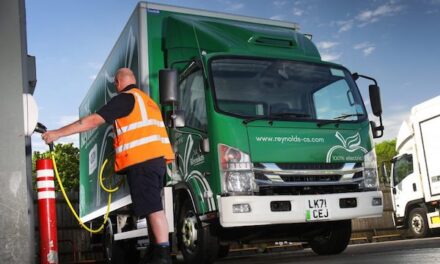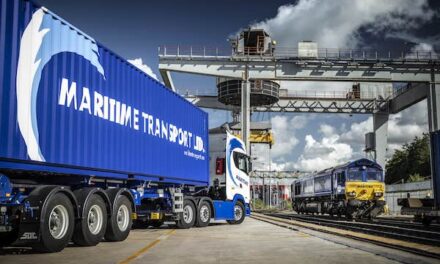- Deal activity in the logistics and supply chain management sector hits a five-year quarterly peak, with 27 transactions completed in Q4 2023.
- However, disclosed deal value drops to its lowest point, demonstrating a high volume of smaller, low value deals, including early-stage and distressed businesses.
Deal volumes in the UK logistics and supply chain management sector have hit a five-year quarterly high but deal values remain subdued as smaller, low-value investments take priority.
Transaction volumes in Q4 2023 reached a peak of 27 deals, compared to 21 seen in the previous quarter. This is the highest number of quarterly deals recorded in the last five years.
However, overall value remains low reflecting a high volume of small, low-value deals and investments, from early-stage investments to the purchase of distressed assets. Total disclosed deal value for Q4 2023 was £53 million, compared to £288 million reported in the previous quarter.
Over the course of 2023, a total of 81 deals were completed – a 12.5% increase on the record number in 2021.
According to the latest report from accountancy and business advisory firm BDO LLP, the ‘UK M&A Update – Q4 2024, Logistics and Supply Chain Management’, in the final quarter of the year, more than 50% of deals were cross-border, demonstrating a continued resurgence of international investor appetite, with UK-based companies also showing interest in overseas acquisitions. In addition, more than a third (35%) of transactions across the entire year involved direct investment from private equity or venture capital.
Early-stage investments in the quarter included Hived, a London-based zero-emission parcel delivery service, which raised investment from a US climate technology investor, together with Varamis Rail, a zero-carbon express rail parcel delivery service, which secured £1.5 million in seed funding.
Jason Whitworth, M&A partner at BDO LLP, explained: “There is continued evidence of venture capital betting on future industry leaders, investing across technology and ESG as they look to support transformational businesses and find the next big thing.”
He continued: “ESG investment remains a leading focus, with significant investment made by both global and national operators. An example being Menzies’ trial run of solar power sources for vehicles. However, for smaller and mid-market operators in the current market, the focus remains on managing variable volumes and sustaining margins, all of which makes ESG investment a nice to have unless there is an immediate commercial impact.”
Prominent Q4 deals included the acquisition of Kammac Limited by Swedish listed logistics company Elanders; Microlise Group’s acquisition of Enterprise Software Systems; and the sale of Abbey Logistics to Sitra Group. The quarter also saw the last remaining pure play logistics UK plc leave the market, with the announced sale of Wincanton to CMA CGM.
Whitworth said: “The peak in activity in the quarter contrasts with the wider mid-market deal activity, which experienced a decline in 2023 due to economic pressures driven by inflation, increased interest rates, higher costs of labour and shipping, and geo-political headwinds. These factors resulted in prominent deals being halted, valuations being suppressed and many businesses needing to refocus on managing more difficult trading.
“However, with predicted lower inflation and interest rates, and an inability for strategic and capital rich investors to stand still, the logistics sector may be well placed to experience a further boost to M&A activity in 2024. What’s more, there’s a clear sign that global companies across the sector are back focussing on UK opportunities, with a resurgence of international investor appetite. Something we anticipate will accelerate as we progress through 2024.”









